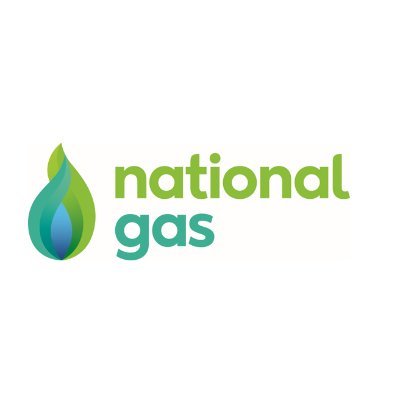



Natural gas plays a crucial role in the global energy system, providing heating, electricity generation, and industrial fuel.
Understanding the role of government-backed national gas companies is important for property owners, developers, and investors because gas infrastructure reliability, pricing, and regulation directly impact operational costs and property management strategies.
This guide explains the concept of a government national gas company, its role in the UK and globally, and what property stakeholders should be aware of when managing real estate investments.
A government national gas company refers to a state-owned or state-controlled enterprise responsible for:
Exploration and production of natural gas.
Gas transportation and infrastructure development.
Wholesale marketing and, in some cases, direct supply to end-users.
In many countries, these entities are critical for national energy security, controlling key gas assets and networks.
Examples Globally:
Nigeria: Nigerian National Petroleum Company Limited (NNPC Ltd).
Qatar: QatarEnergy.
Russia: Gazprom.
These companies manage vast energy assets and have significant influence over national and international gas supply chains.
Ownership:
Privatized but historically evolved from government ownership (formerly part of the British Gas Corporation and then National Grid Gas Transmission).
Function:
Owns and operates the UK’s high-pressure gas transmission system (approximately 7,600 km of pipelines).
Regulated by Ofgem to ensure fair access, reliability, and investment.
Key Features:
Ensures continuous and secure gas flow across the UK.
Connects with major offshore gas terminals and imports via interconnectors.
Supports national energy transition goals (e.g., blending hydrogen into pipelines by 2030).
These companies manage regional gas distribution but are privately owned and heavily regulated.
There is no direct government-owned gas supplier at the distribution or retail level in today’s UK market — reflecting the country’s liberalised energy policy model.
Even without direct ownership, the UK government exercises significant influence through:
Regulation: Ofgem enforces market rules, pricing frameworks, and investment standards.
Policy: Strategic plans like the Energy Security Strategy and Net Zero targets heavily influence gas sector investments.
Emergency Intervention Powers: Under extreme conditions, the government can intervene to maintain supply (e.g., through strategic gas storage initiatives).
| Factor | Impact |
|---|---|
| Infrastructure Reliability | Ensures stable gas supply for heating and appliances. |
| Regulatory Protection | Caps on transmission and distribution charges protect end users. |
| Market Volatility | Global gas market fluctuations (e.g., 2022 energy crisis) still affect retail prices. |
| Energy Transition Requirements | Future shifts toward hydrogen-ready infrastructure may require property adaptations. |
Hydrogen Integration:
National Gas Transmission is piloting projects to repurpose parts of the network for hydrogen blending to meet decarbonisation targets.
Decentralised Energy Models:
More properties may adopt hybrid heating systems (e.g., gas and electric heat pumps) to future-proof energy strategies.
Enhanced Energy Security Focus:
Post-2022 global energy crises have revived government initiatives around domestic gas production and strategic reserves.
Fraser Bond supports property owners and investors by:
Energy Risk Analysis:
Assessing potential gas supply risks for property portfolios.
Futureproofing Advisory:
Preparing clients for upcoming changes in the gas network (e.g., hydrogen adoption, low-carbon heating strategies).
Cost Management Strategies:
Negotiating energy supply contracts and optimising operational expenses.
Compliance Guidance:
Ensuring alignment with evolving energy regulations affecting property energy systems.
Our strategic advisory ensures that clients are not only reactive but proactive in managing energy transitions and regulatory shifts impacting real estate investments.
While the UK no longer operates a traditional government-owned gas company at the supply level, entities like National Gas Transmission play a critical, regulated role in maintaining energy security and supporting the national transition to a low-carbon economy.
For property owners and investors, understanding these dynamics — and aligning property energy strategies accordingly — is crucial to maintaining asset resilience, compliance, and market value. Fraser Bond offers expert support to navigate this evolving landscape with confidence.